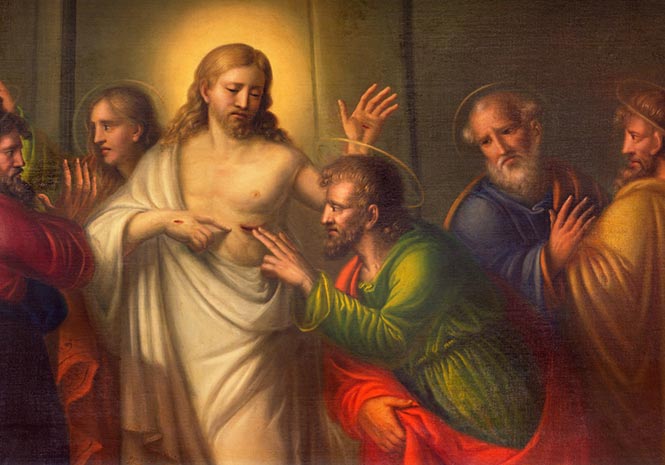
IN case you hadn’t realised, we’re actually still within the season of Easter, which, for many, I appreciate can be one of the less credible of the Christian festivals.
After all, Christmas, with the manger, the animals and the birth of a baby in such difficult circumstances, is so romantic.
And the life, the work and the teachings of Jesus, with his emphasis on love, tolerance, forgiveness and reaching out to the poor and unloved, is quite brilliant – so ahead of his time. Whilst his uncomplaining acceptance of his cruel and untimely death is necessarily something from which we can all learn.
But Easter, with its claim of resurrection, is something else – attributing superhuman powers to this carpenter, for many, is simply not credible.
One person who shared this view, decided some years back to examine all available historical records and witness statements, using his skills as an investigative journalist to ‘demonstrate the fallacy of the ‘myth’ of resurrection.’
As he examined the evidence however, Frank Morison found himself forced to conclude the resurrection of Jesus was an indisputable fact.
There could, he stated in his book entitled ‘Who moved the Stone?’ be no other explanation for the utter transformation to the small band of followers, willing to face torture and death rather than question their certainty that Jesus had risen.
And the very implausibility of the accounts of the risen Jesus suddenly appearing in locked rooms actually add credence, as those simple disciples could never have invented so fantastic a tale.
So if we accept this, together with the assertion by the Historian, Thomas Arnold, that ‘Christ’s resurrection from the dead is the best-attested fact in human history,’ then just what, I wonder, are the implications so far as we’re concerned? At least, I suggest, it should induce us to examine our doubts about these events.








